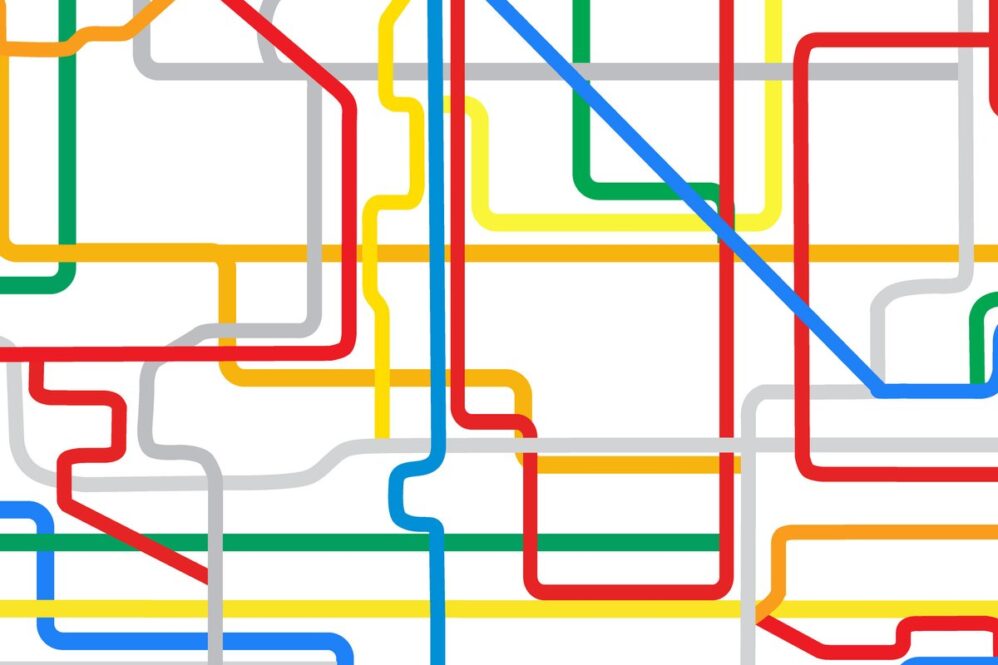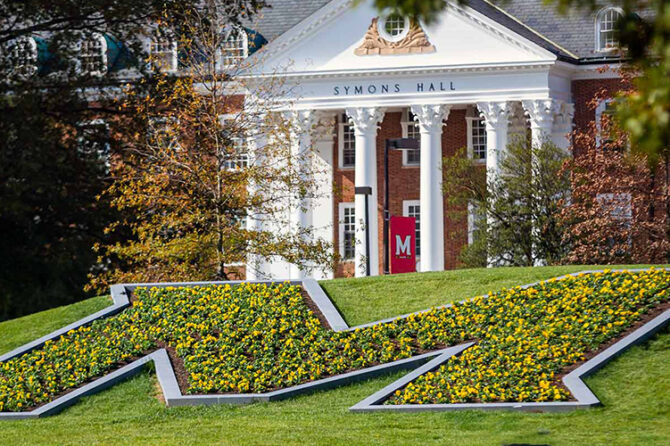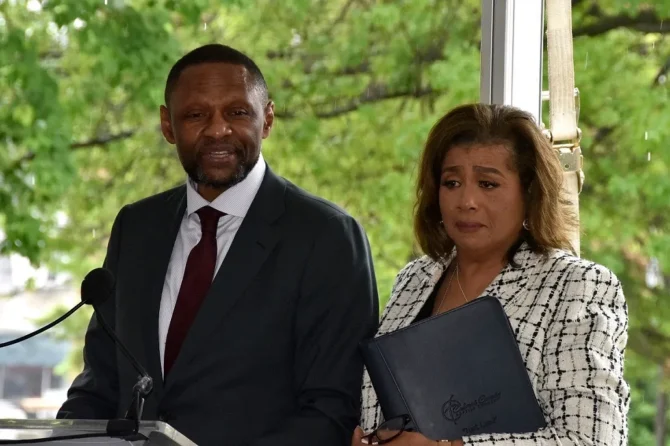WASHINGTON BUSINESS JOURNAL: Metro officials are zeroing in on a budget compromise that would prevent the transit system from making large service cuts and layoffs starting in July — but it won’t solve the system’s underlying structural problems.
Randy Clarke, CEO of the Washington Metropolitan Transit Authority, which oversees Metro’s rail and bus services, has submitted a revised fiscal 2025 budget proposal to Metro’s board that largely closes what was once estimated to be a $750 millionshortfall. The board is scheduled to meet Thursday.
Clarke and other officials had warned in the initial budget proposal in December that the system would have to close 10 rail stations, reduce service on all lines, boost fare and parking fees by 20% and layoff 2,300 employees if local governments didn’t step up to close the gap. The budget gap was the result of Covid-era federal relief funding running out and continued lower ridership.
Those cuts, if they came to pass, would be economically devastating for the region, as lots of residents still use the system to get to work, big companies generally want to be near transit and most major developments remain located on or nearMetrorail stations.
For the next fiscal year starting July 1, WMATA identified internal ways to reduce the looming deficit from $750 million to $500 million. Those include a combination of 12.5% fare increases (from $2 to $2.25 on the base Metrorail ride), wage freezes, targeted service cuts and various administrative savings — some of which can be repeated after next year, others of which WMATA says are one-time only. They still proposed to use $165 million in future preventative maintenance funds for general operational purposes.
D.C., Maryland and Virginia have also signaled they’re willing to kick in a total of $480 million more, albeit only temporarily and with varying levels of commitment, and nothing is yet set in stone.
But without a dedicated source of revenue, new ongoing subsidies from the feds or some other structural fix to how governments fund Metro’s operations, the transit system, and the region’s economy, will look down the barrel of the same funding gun sooner rather than later.
Though Clarke remains optimistic, saying in statement that he’s heard from governors, mayors, council members and business stakeholders who all agree that “enough’s enough, let’s solve this thing once and for all.”
“We would like to create the stability through this budget right now, and then have this big regional conversation,” he said.
A Feb. 1 letter to WMATA, signed by the District’s Mayor Muriel Bowser and Council Chair Phil Mendelson, offered an extra $200 million, but only for fiscal year 2025. The letter went on to say that “we believe the WMATA funding formula is seriously flawed, relying on outdated inputs, and it must be revised equitably” in subsequent budget years. Read: Maryland and Virginia need to pony up more.
Maryland Gov. Wes Moore has committed $150 million extra for the next two fiscal years, increasing to $250 million fiscal year 2027 and thereafter — the most generous commitment so far, by far.
Budget amendments working their way through the Virginia General Assembly would add $130 million over two years, split between the state and Northern Virginia’s counties and cities, assuming thosecounties and cities also all approved the arrangement.
Virginia Gov. Glenn Youngkin hasn’t been jazzed about paying more for Metro, though more recently he indicated he’d be willing to horse-trade to gain support for a proposed public-financed sports arena in Potomac Yard, a project he supports.
Asked today whether he supports Virginians kicking in an extra $130 million, his office responded with a statement saying he’s “committed to finding a solution that improves WMATA’s financialsustainability and performance,” but not to “any specific amount of additional aid” until Metro presents “a business plan that details its requests and the key actions it will take to address itschallenges.”
“Metro is incredibly important to the region and it must achieve a sustainable state,” Youngkin said in his statement, adding that he’s “currently reviewing WMATA’s proposal and working with our local partners to ensure a world-class transportation system.”










